Time Banking: An "Alternative Currency to Money" System
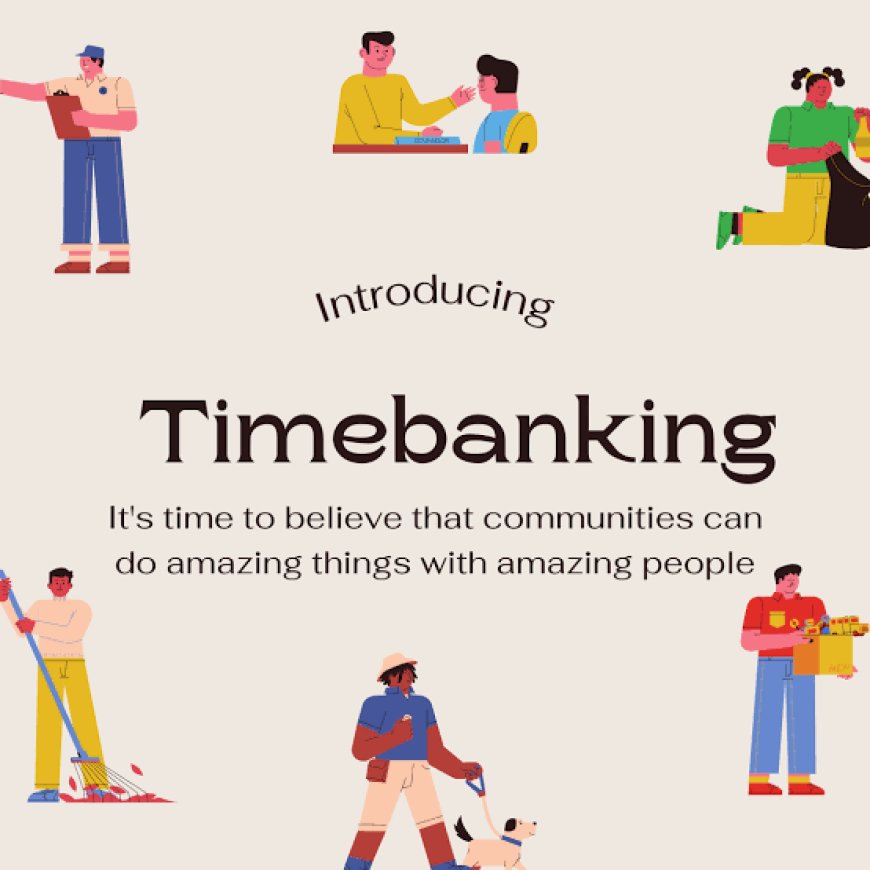
Money isn’t the only currency that matters. Time, too, can be earned, saved, and spent — and unlike cash, it’s something everyone has the same amount of in a day. A time bank is a system where people exchange services using hours as currency. One hour of your skill equals one hour of someone else’s, whether you’re a surgeon or a storyteller.
How It Works
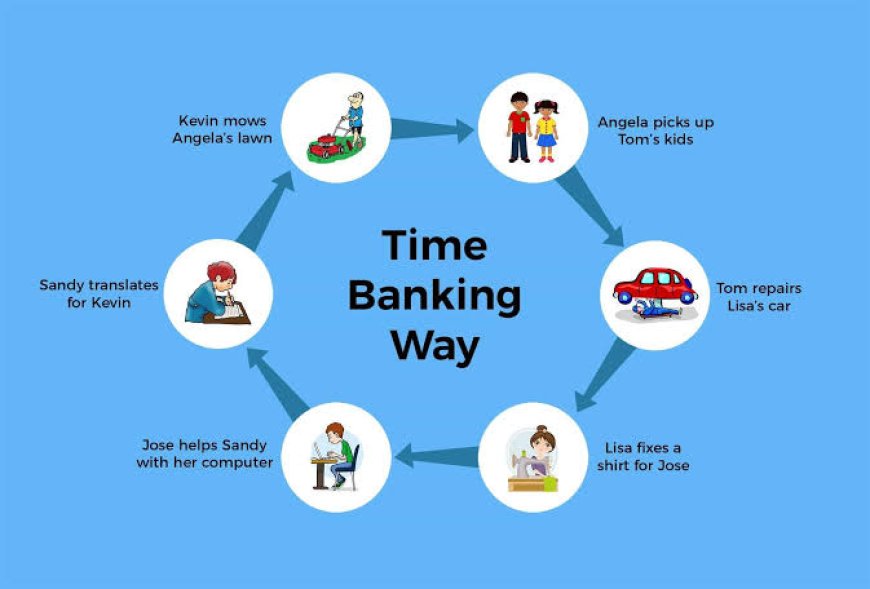
You offer a service — maybe teaching a child maths, fixing a door, or helping with a community garden. You earn “time credits” for every hour you give. Those credits can then be “spent” to receive services you need from other members. It’s not charity, and it’s not barter in the usual sense; it’s a circular system of give-and-take that values everyone’s time equally.
And here’s the beauty of it: whether you’re in Lagos or Lisbon, Johannesburg or Jakarta, the principles stay the same. If you have a community — even a scattered one online — you can have a time bank. It works in rural villages, busy cities, and everywhere in between.
Core Principles
- Equality of time – One hour always equals one hour, no matter the task.
- Reciprocity – You give, you receive; everyone’s both a helper and someone who can be helped.
- Community building – The system strengthens social ties, not just wallets.
- Inclusion – Skills big or small, professional or personal, all count.
- Sustainability – Keeps value circulating locally without overreliance on cash.
Short, Hypothetical Examples
- A retired nurse gives two hours of first aid training. She spends her credits on help repairing a leaky roof.
- A teenager teaches an elder how to use a smartphone. He uses his credits for guitar lessons.
- A farmer lends tools for a day’s work. He spends the hours earned on childcare during market day.
- A baker teaches bread-making. The credits are later exchanged for help painting her shop.
- A neighbour walks dogs for three hours and spends the time earned on language tutoring.
Case Studies
1. Fureai Kippu – Japan
A system established to meet the needs of a rapidly ageing society. Volunteers earn credits by supporting older citizens — cooking, cleaning, accompanying them on errands. The credits can be saved for their own future care or transferred to family members. It’s a practical answer to a real demographic challenge.
2. Rushey Green Time Bank – United Kingdom
Linked to a medical practice in London, this time bank connects patients with each other. Exchanges range from art classes to home visits for those who live alone. Reports from the practice suggest lower levels of loneliness and improved wellbeing among members.
3. hOurworld – United States
A national network involving tens of thousands of members. Services traded include childcare, home repairs, tutoring, and transport. The system has proven useful in both low-income communities and more affluent areas, proving that time banking is not limited by wealth levels.
4. Limpopo Community Exchange – South Africa
Adapted to agricultural life, this system allows members to trade hours for farm labour, home repairs, or traditional crafts. During planting and harvest seasons, time credits can be “spent” to get much-needed extra help.
5. Concept for TimeBank West Africa
In a West African setting, young people might tutor schoolchildren, earning credits they can exchange for apprenticeships in tailoring or carpentry. Local artisans could use their credits to get farming assistance during peak seasons. Farmers might then spend their credits on bicycle repairs or market-day transport. The exchanges form a loop, keeping value circulating within the community without relying entirely on cash.
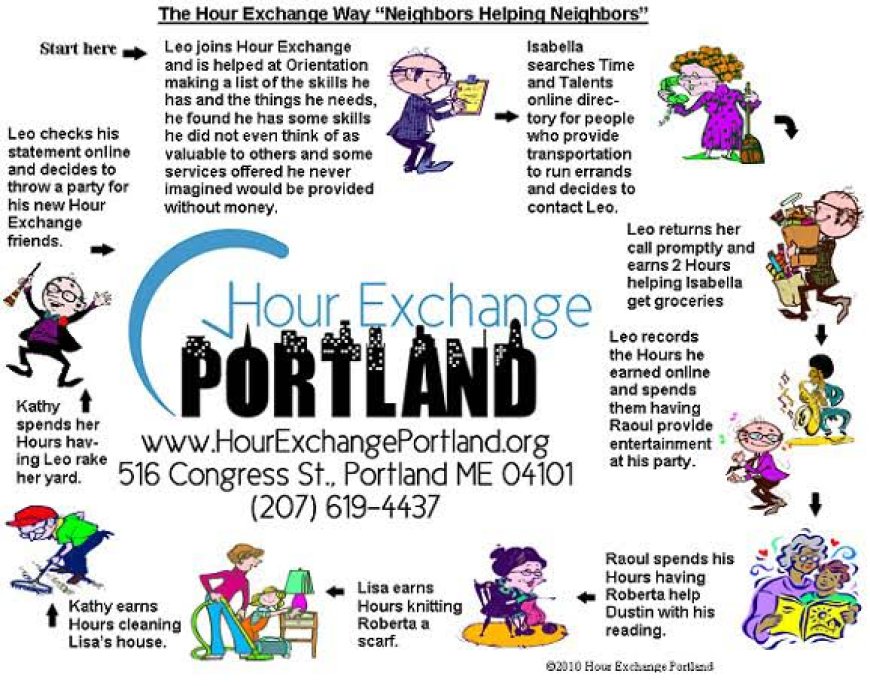
Challenges
Time banking isn’t magic — it needs trust, coordination, and sometimes a bit of nudging to keep members active. In places with poor internet or limited transport, matching needs with offers can be tricky. There’s also the mindset shift: some people struggle at first to see their skills as valuable, or to accept help without feeling they’re taking charity.
But these challenges are also opportunities. They force communities to talk, adapt, and shape the system to their own culture. And once it takes root, it often grows in unexpected and deeply human ways.
Why It Matters
In today's world, where cash flow can be irregular and many skills go untapped, a time bank can be more than an economic tool. It can be a safety net, a training ground, and a bridge between generations. It’s not just about saving money — it’s about saving relationships, and creating a different kind of wealth that no one can devalue.
What's Your Reaction?











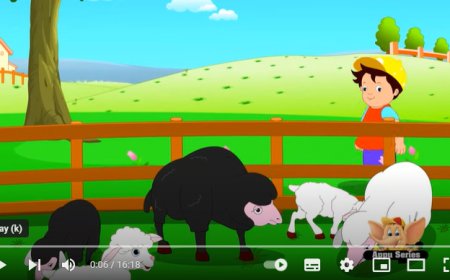
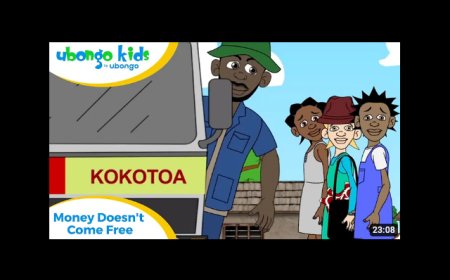


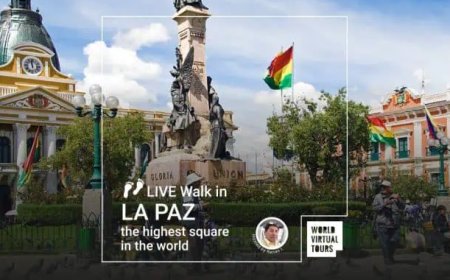

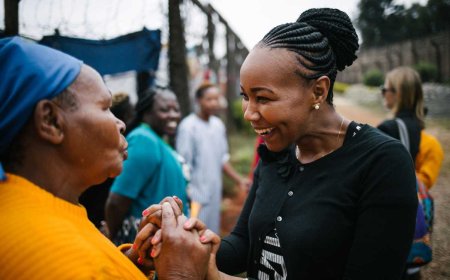


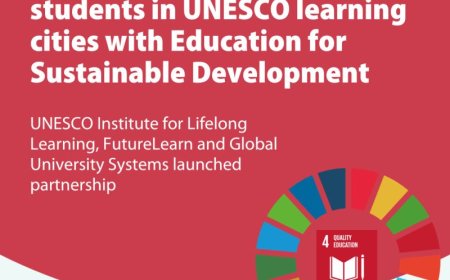
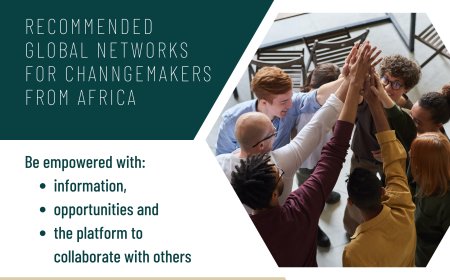
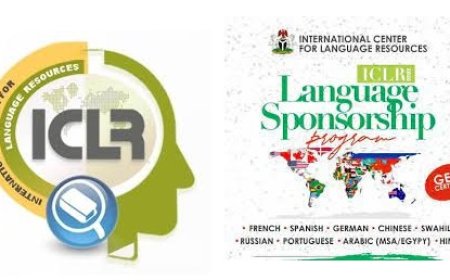
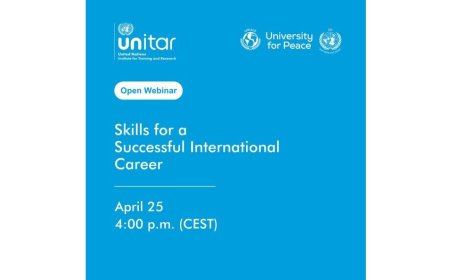

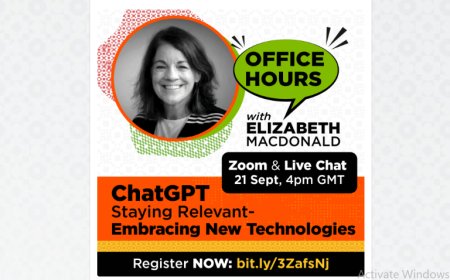
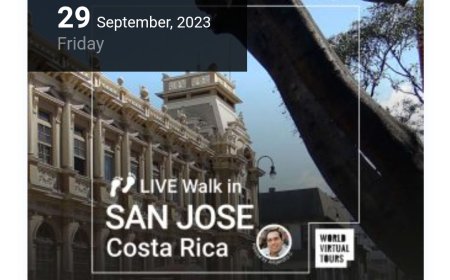


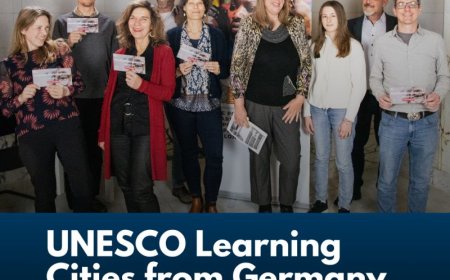



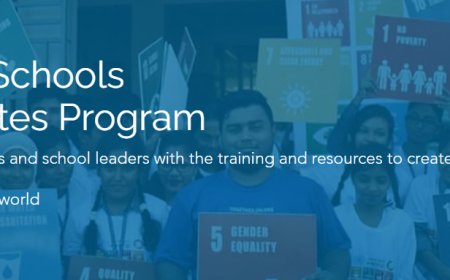


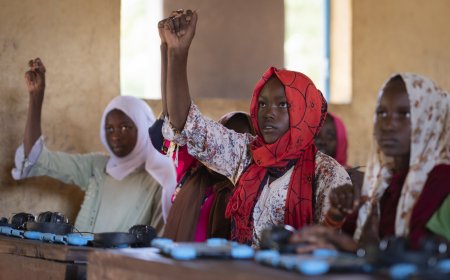
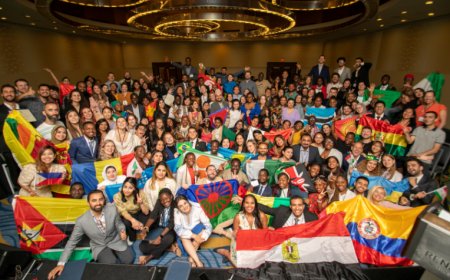
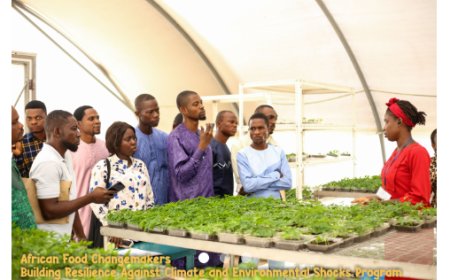
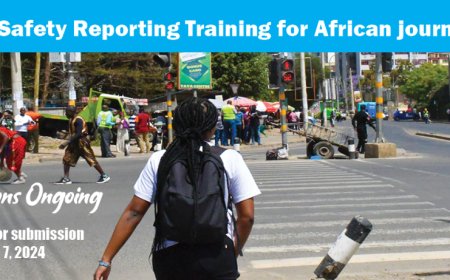
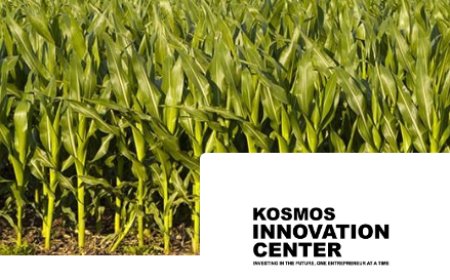




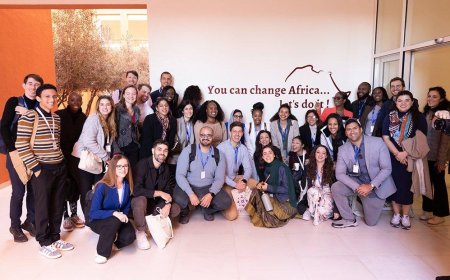
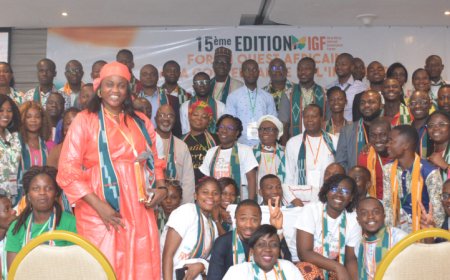

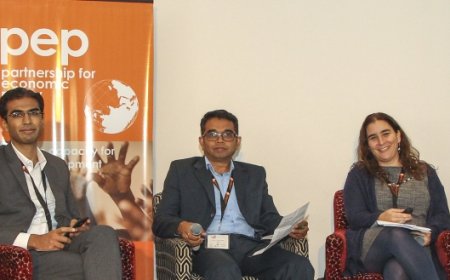

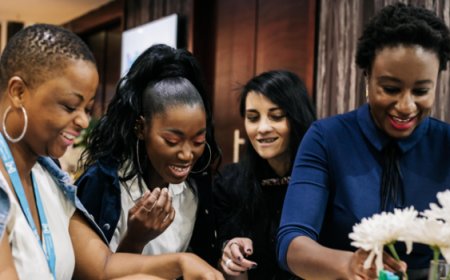
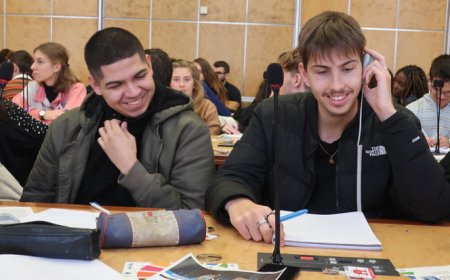
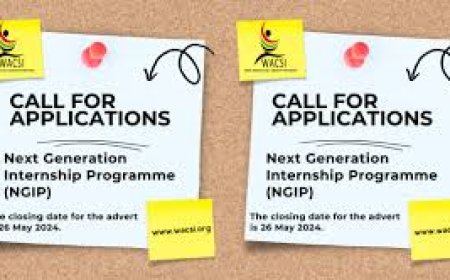
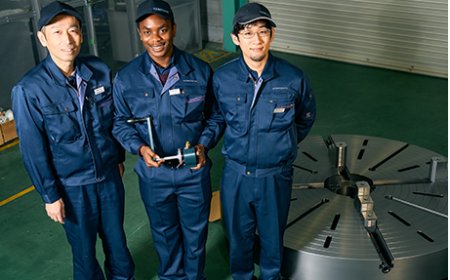


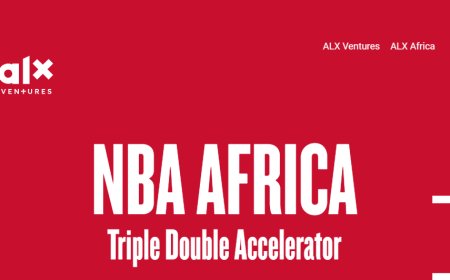

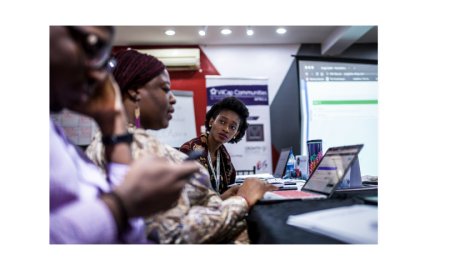
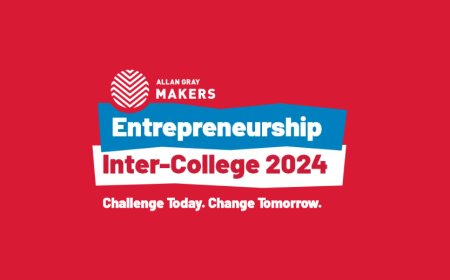


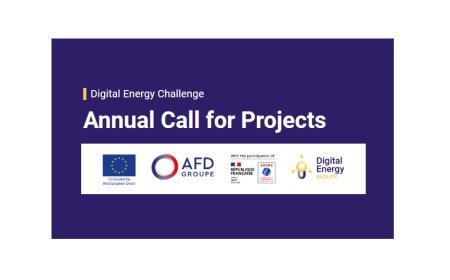
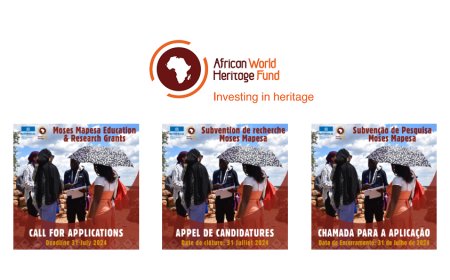
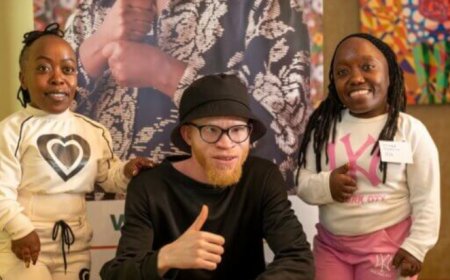
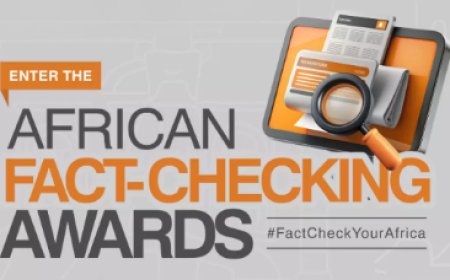
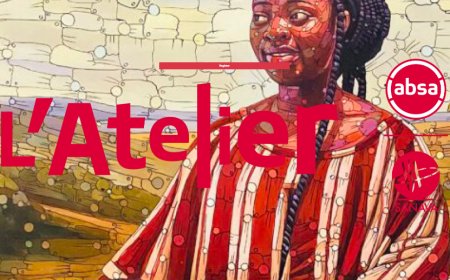
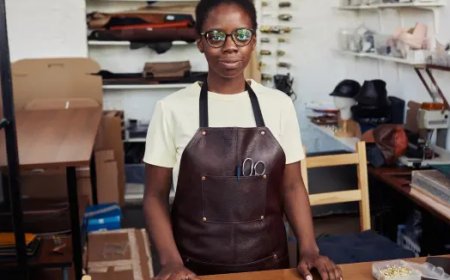
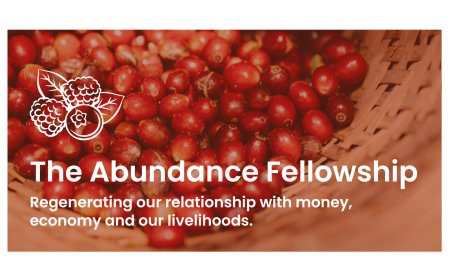



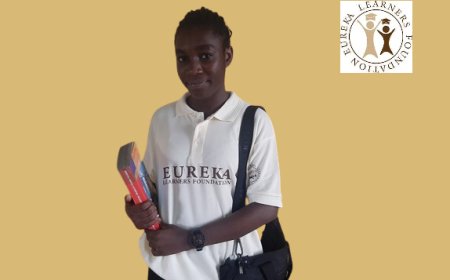
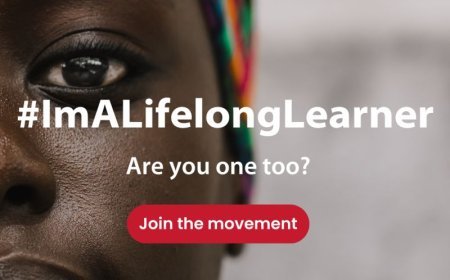
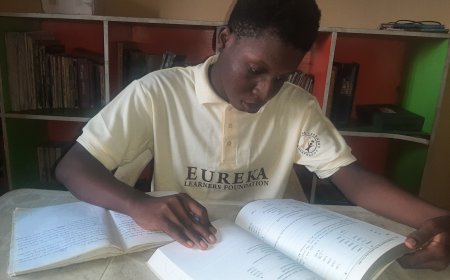

![Watch: The Butterfly Circus [Short Film] featuring Nick Vujicic](https://blog.elfglobal.org/uploads/images/202405/image_430x256_6654b9bc69c46.jpg)


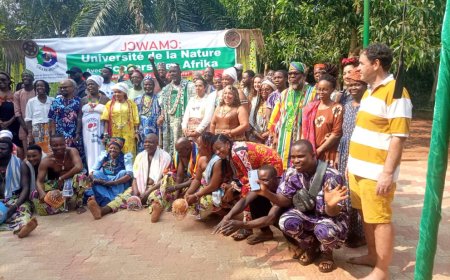
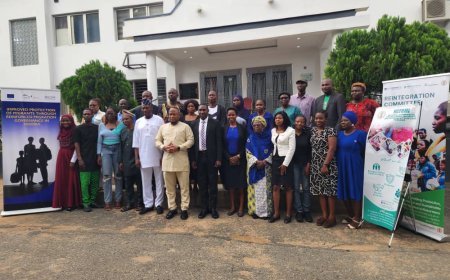
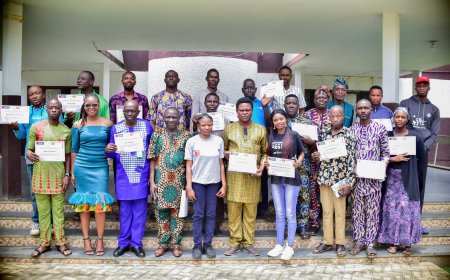
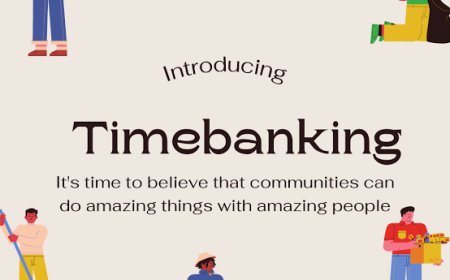
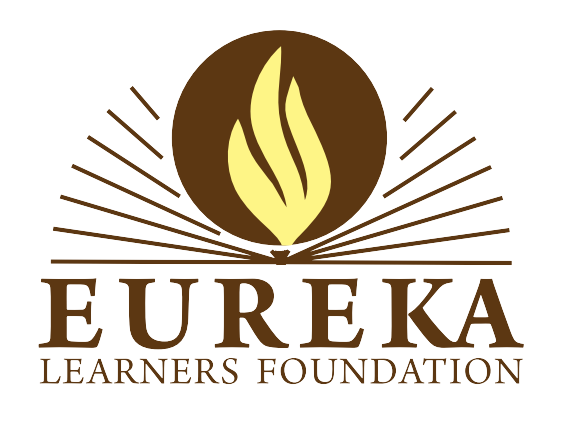
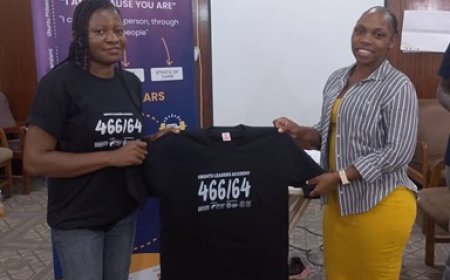


![Watch: The Butterfly Circus [Short Film] featuring Nick Vujicic](https://blog.elfglobal.org/uploads/images/202405/image_140x98_6654b9bc76b8e.jpg)





